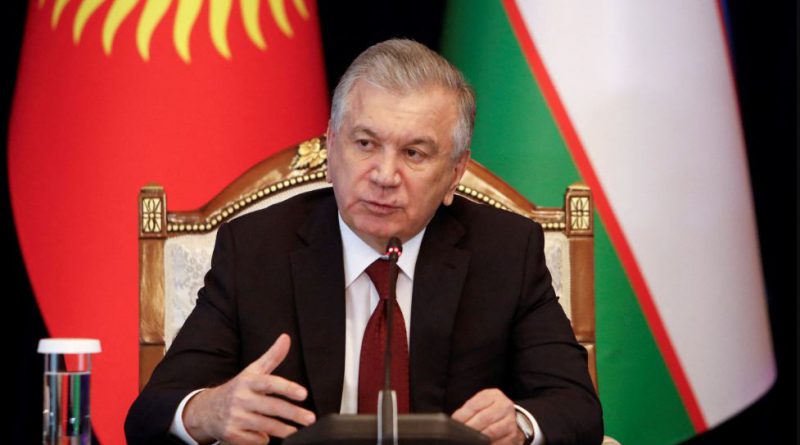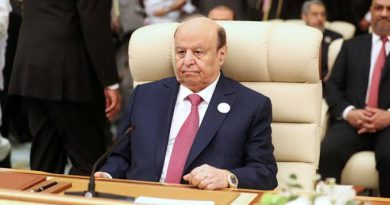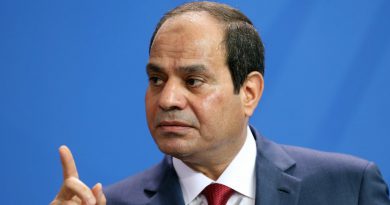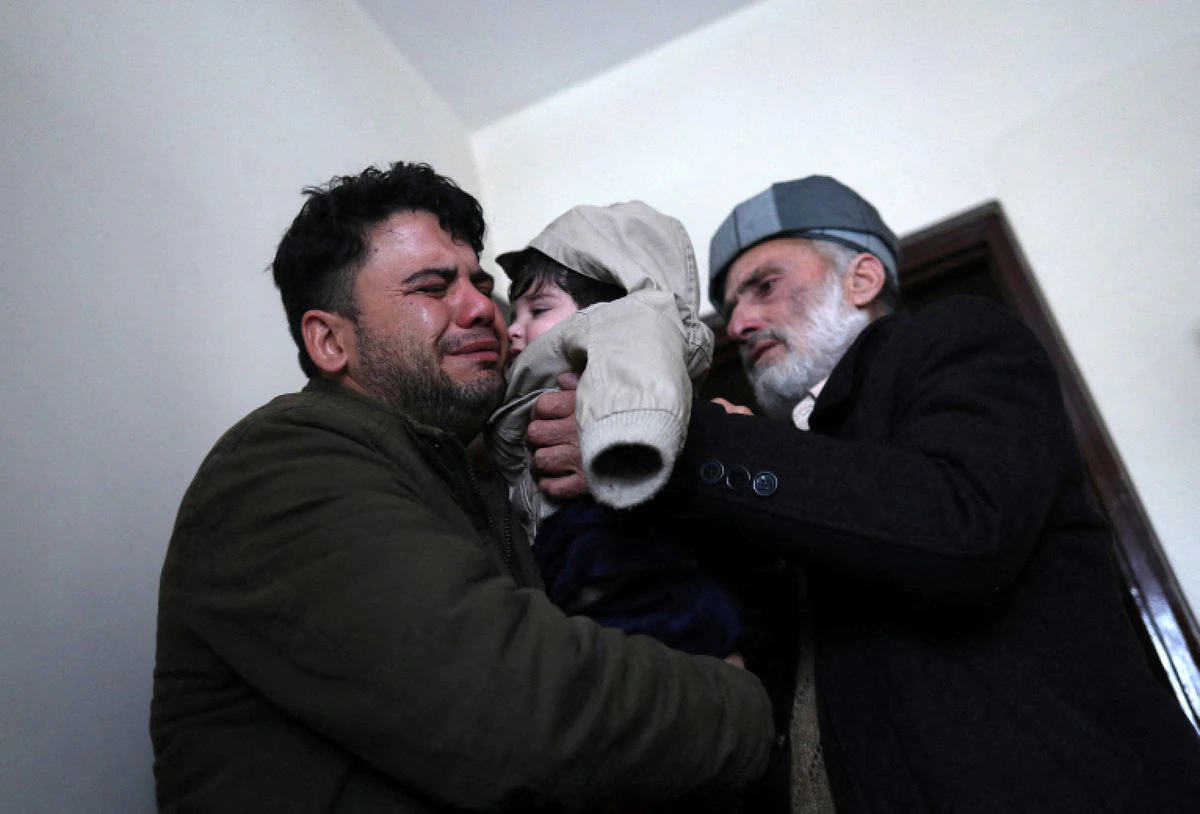Uzbek referendum to allow president to extend rule
Tashkent (Reuters) – Uzbekistan is set to adopt a new constitution in a referendum on Sunday which could allow President Shavkat Mirziyoyev to extend his rule over Central Asia’s most populous nation to 2040.
The 65-year-old leader’s second term ends in 2026 and his move to circumvent term limits is likely to upset Uzbekistan’s Western partners who have previously praised him for opening up the country’s economy and promoting a relatively liberal political agenda.
But such a step is unlikely to disrupt an influx of foreign investment or the courtship of Tashkent, together with other former Soviet republics, by Western nations in their quest to isolate Russia.
Both the current and the proposed new versions of the constitution limit successive presidential terms to two, but officials have said that if the latter is adopted Mirziyoyev’s term count would be reset to zero.
Since the proposed constitution also extends the presidential term to seven years from five, it could in theory allow Mirziyoyev to remain in charge of the country of 35 million people until 2040.
The new version of the constitution also declares Uzbekistan a “social state” with increased welfare obligations, abolishes death penalty, establishes greater personal legal protection, and allows non-farming land ownership.
“The new constitution is defining Uzbekistan as sovereign, democratic, rule-of-law, social and secular state. All changes are based on the idea that human rights and freedoms are paramount,” Mirziyoyev told an investment conference on Thursday.
“Also, for the first time, provision of a favourable investment and business environment was established in the constitution.”
Mirziyoyev dropped plans to include changes that would have curbed the autonomy of Uzbekistan’s Karakalpakstan province after protests against them led to deadly unrest last July.
There have been no opinion polls ahead of Sunday’s vote, but few in Uzbekistan doubt the new constitution will be adopted with it encountering no domestic opposition and being promoted by celebrities in large-scale events across the country.



